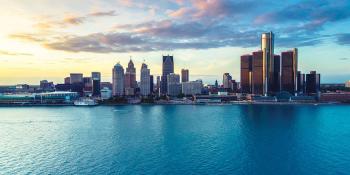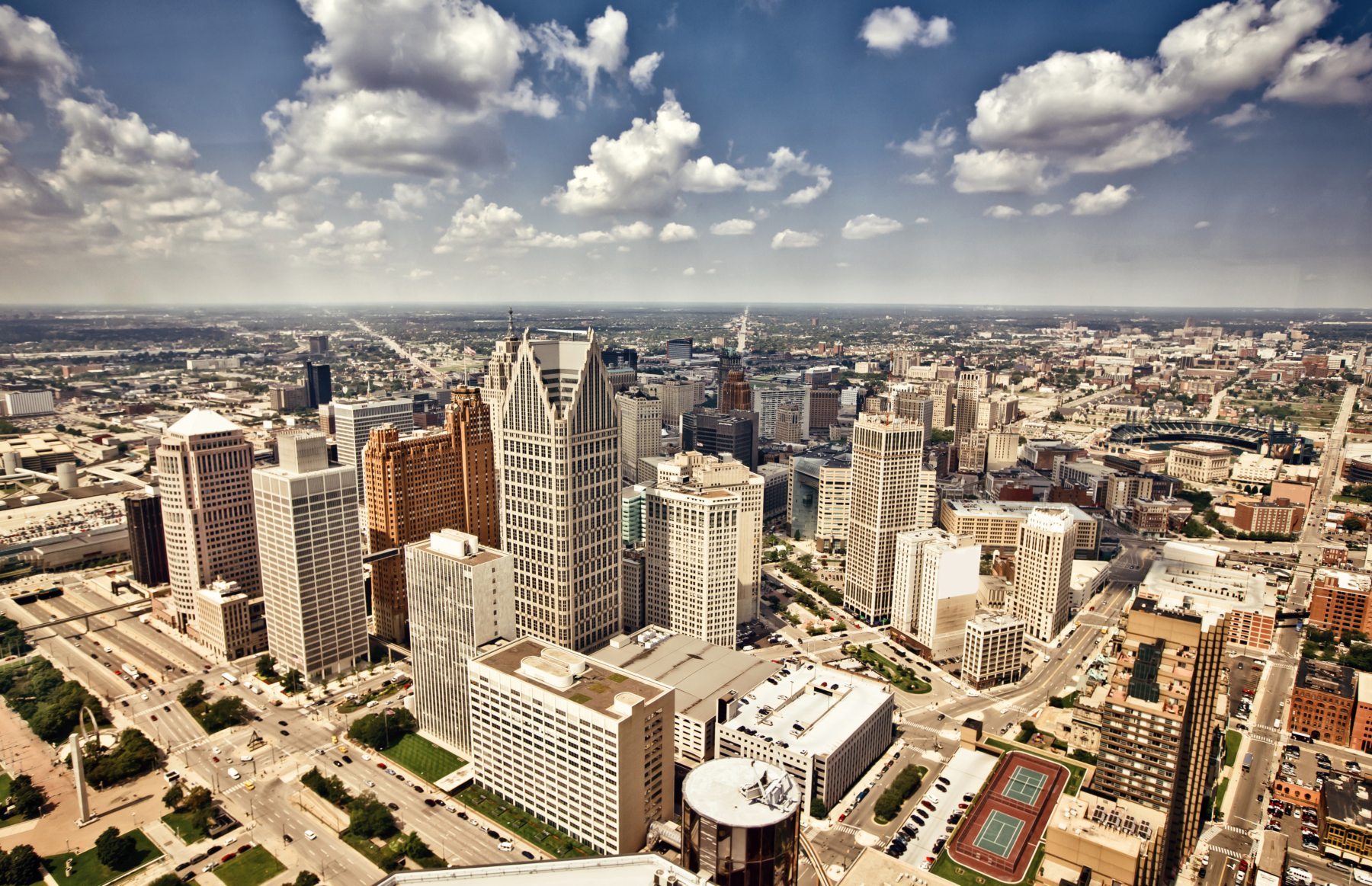
For the first time in 15 years, Detroit has achieved an investment grade credit rating from Moody’s Investors Service. After a decade-long journey of financial restructuring, this rating marks significant milestone in the city’s path to economic stability.
According to the Moody’s report, Detroit's credit rating has been upgraded to Baa2. This investment grade status is a substantial jump from its Caa3 rating in June 2013, just one month before the city filed for the largest municipal bankruptcy in U.S. history.
Following the unprecedented economic crisis, Detroit committed itself to fiscal discipline and structural reforms under the guidance of emergency managers and city officials. The city’s strategic planning involved multi-year budgeting and enhanced transparency measures. Today, we are witnessing the success of the city's efforts through its upgraded credit rating, its balanced budget, and its growing reserve fund.
Moody’s Investors Service cited several factors contributing to the status upgrade. In addition to improved financial management and a stronger governance, the city’s diversified economic base has been crucial to its economic recovery.
Once reliant solely on the automotive industry, Detroit has witnessed a resurgence in key sectors such as manufacturing, technology, and healthcare, attracting investments and creating job opportunities. This diversification has not only created jobs but also reduced the city's dependence on a single industry, making it more resilient to economic shocks.
Infrastructure investment has also played a pivotal role in Detroit's comeback story. From revitalizing blighted properties to upgrading transportation networks, the city has undertaken ambitious initiatives to modernize its infrastructure, improving livability and attracting residents and businesses alike.
Attaining investment-grade status holds not just symbolic importance but also expands the range of potential investors such as banks, pension funds, and universities. Notably, the city's initiatives to revitalize neighborhoods, support small businesses, and enhance public services have instilled confidence in investors and creditors. Ultimately, Detroit's financial recovery presents the chance to secure loans at reduced interest rates, signaling a promising future with increased funding.
Detroit's journey from bankruptcy to investment grade serves as an inspiration to struggling cities across the nation. As Detroit looks to the future, maintaining fiscal discipline and prudent governance will be essential to sustaining its momentum in the face of social risks and cost pressures.

